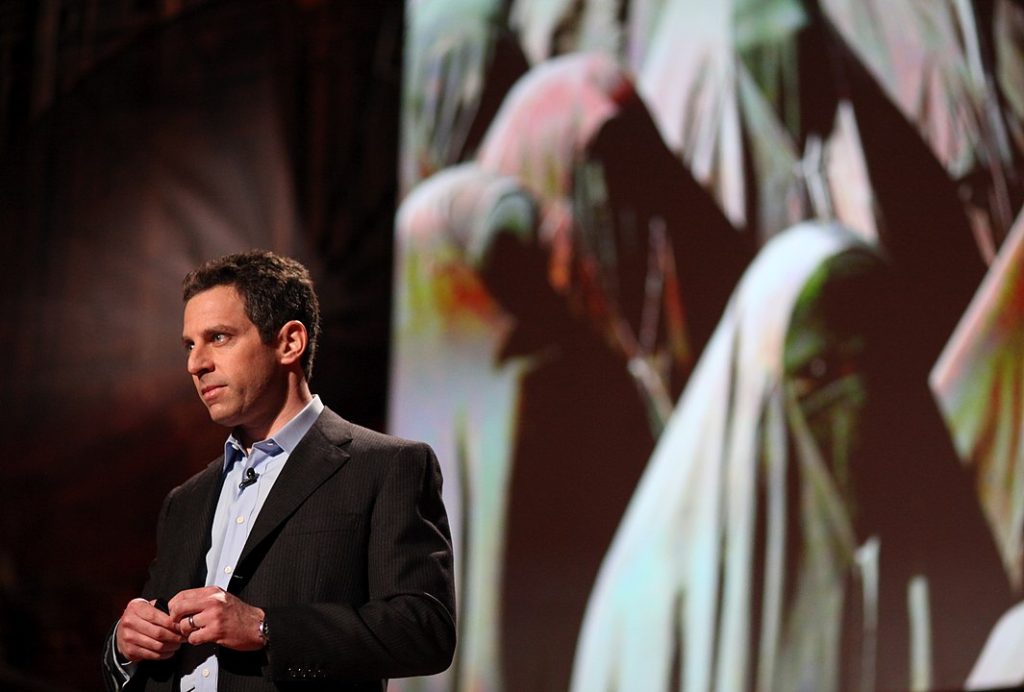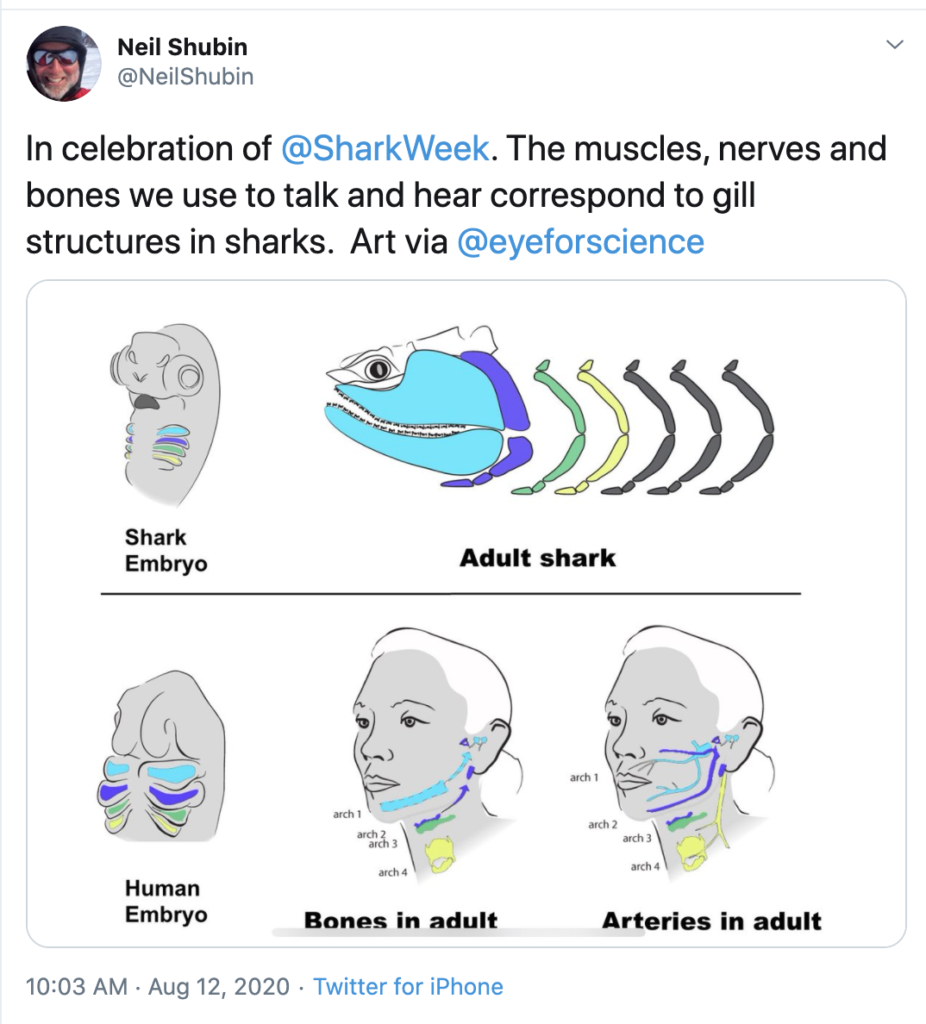Reminiscing About the Music of Oscar Peterson . . .
Is it possible to work up a sweat playing the piano? Definitely, if you are Oscar Peterson, because your fingers and your brain run several times faster than those of ordinary mortals. I love the expressions of Niels Pedersen and Barney Kessel (amazing musicians too) as they admire Oscar's dazzling solos. Ever since I fell in love with jazz, as a teenager, I've been carried away by Oscar Peterson's music and his story. What an amazing career he had . . .
Oscar played beautiful ballads too. Here he is in 2004, three years before his death, well after a 1993 stroke that severely compromised the use of his left hand. He was a stunningly good jazz player and composer, even with 1 1/2 hands at the age of 79.
One more thing. Neils Ørsted Pedersen died of heart failure in 2005 at the age of 58 in Copenhagen, Denmark. He was survived by his wife, Solveig, and his three children. Oscar Peterson wrote the following, which will tell you as much about Oscar Peterson as it will about Pederson:
After hearing this phenomenal talent on bass, I realized that somehow, someday we should meet, thereby giving me the opportunity to also play with him. This vision and thought took place in the early 1970s, when I was fortunate enough to be able to invite him to join my then trio.Allow me to express my reaction to his playing this way: First and foremost, he never got in my way--but he also had such a great musical perception of what I was trying to do that he served to greatly inspire me from a spontaneous aspect. I came off walking on Cloud 3000 that evening because of Niels' musical contribution. He had the most phenomenal technique, coupled with incredible harmonic perception, along with impeccable time. I shall never forget that evening.
Almost from that evening on, we became very close friends, not just musically but most certainly personally, for I developed a great admiration for the depth of Niels' political, geographical and personal understandings. He was a man who had an almost unbelievable wealth of historic cognizance pertaining to European history. He also had a very kindred spirit as a human being, always able to easily make good friends, should he care to do so.
Argument Fallacy Referee Images
Love these referee images. They cover all the most popular argument fallacies, including Ad Hominem, Moving the Goalpost, Guilt by Association and Red Herring.
Sam Harris Explores the Global Epidemic of Child Sexual Abuse
In his introduction to "The Worst Epidemic," Sam Harris warns that the subject matter might be difficult for listeners. The topic is the global epidemic of child sexual abuse involving children as young as one year old. Sam is joined by Gabriel Dance, a NYT reporter who has thoroughly investigated this issue. Until I forced myself to listen, I had assumed that this predatory behavior was relatively rare, but I was shocked to learn that sexual predators have exploited every corner of the Internet. To illustrate, Dance mentions that law enforcement experts estimate that of the 9 million citizens of New Jersey, 400,000 have been exposed to these highly illegal images and videos, some of this exposure being inadvertent, but much of it being intentional. It makes you wonder who we are, as a nation, that so many among us are willing to torture children. The tragedy is widespread, making the technical challenges and law enforcement needs overwhelming.
As a public service, Sam has put this episode in front of his paywall. The topic spirals in many directions, including the misleading concept of “child pornography,” the failure of governments and tech companies to grapple with the problem, the tradeoff between online privacy and protecting children, the National Center for Missing and Exploited Children, photo DNA, the roles played by specific tech companies, the ethics of encryption,  “sextortion,” and the culture of pedophiles.
“sextortion,” and the culture of pedophiles.
I am proud to say that I have been a paid subscriber of Making Sense for years. Sam Harris does a great job of exploring complex and oftentimes thorny issues unflinchingly, week after week. From Sam's About Page:
His writing and public lectures cover a wide range of topics—neuroscience, moral philosophy, religion, meditation practice, human violence, rationality—but generally focus on how a growing understanding of ourselves and the world is changing our sense of how we should live.
If you are unfamiliar with the work of Sam Harris, I invite you to listen to this Episode, or any Episodes of Making Sense.Jonathan Haidt Discusses Two Versions of Identity Politics: “Common Enemy Politics” and “Common Humanity”
I've followed Social Psychologist Jonathan Haidt closely for many years (as you can see by searching for his name at DI). He is the author of several excellent books, including The Happiness Hypothesis, The Righteous Mind: Why Good People Are Divided by Politics and Religion and The Coddling of the American Mind. Haidt's thought process crosscuts the prevailing two wings of political thought in the United States. In this extended interview with Joe Rogan, Haidt dissects many topics, including identity politics. He urges that this phrase encompasses two separate approaches, "Common Enemy Politics" and "Common Humanity."
Haidt also distinguishes between two prevalent types of conversations, two types of "games" being played that often make conversations frustrating. Many of us insist upon playing the "truth seeking game," while others play a game that assumes a Manichean battle where A) no one gains except at the expense of someone else, B) where people are not seen as individuals but a members of groups, and C) you can tell who someone is merely by their appearance. Much of the fruitless dialogue on social media and elsewhere makes a lot more sense once we realize that these two approaches have virtually nothing in common--they serve entirely different purposes. Just because we exchange words does not mean we are, in any meaningful way, communicating.
I'm strongly in agreement with Haidt's analysis.
Haid's distinction parallels David Sloan Wilson's distinction between science-oriented "factual realism" and group-survival-oriented "practical realism."
In addition to embedding the video of the interview, I invested some time to create a transcript of several sections of this interview, from about Min. 33 - 55. I have cleaned up the wording to omit throat-clearings and false starts, but I have worked hard to be true to the substance of the conversation.
--
33:18 JH: You have to look at different games being played. Yale was a place that taught me to think in lots of different ways and it was constantly blowing my mind when I took my first economics course. It was like wow, here's a new pair of spectacles that I can put on and suddenly I see all these prices and supply. I never learned to think that way, where I learned about Freud in psychology or sociology. A good education is one that lets you look at our complicated world through multiple perspectives. That makes you smart. That's what a liberal arts education should do. But what I see increasingly happening, especially at elite schools, is the dominance of a single story, and that single story is life is a battle between good people and evil people, or rather good groups and evil groups, and it's a zero-sum game. So if the bad groups have more, it's because they took it from the good groups, so the point of everything is to fight the bad groups. Bring them down create equality and this is a terrible way to think in a free society. That might have worked you know in biblical days when you got the Moabites killing the Jebusites or whatever, but you know we live in an era in which we've discovered that that the pie can be grown a million-fold. So to teach students to see society as a zero-sum competition between groups is primitive and destructive.
34:22 JR: In your book, you actually identify the moment where these micro aggressions made their appearance and they were initially a racist thing.
JH: Yeah. The idea of a micro aggression really becomes popular in a 2007 article by Derald Wing Sue at Teachers College. He talks about this concept of microaggressions. There are two things that are good about the concept, that are useful. One is that explicit racism has clearly gone down--by any measure explicit racism is plummeted in American across the West—but there could still be subtle or veiled a racism.
37:27 JR It's ultimately for everyone's sake, I mean, even for the sake of the people that are embroiled in all this controversy and chaos. It would be fantastic across the board if there was no more sexism, there was no more racism, there was no more any of these things. It would be wonderful. Then we could just start treating humans as just humans. Like this is just who you are you're just a person. No one cares. What a wonderful world we would live in if this was no longer an issue at all.
JH: Beautifully put.
JR: How does that get through?
38:01 JH: We were getting there, okay? That's what the twentieth century was. We were shaped by the late 20th century. The late 20th century was a time in America in which, you know, earlier on there was all kinds of prejudice. I mean, when I was born, just right before you were born, it was legal to say you can't eat here because you're Black and so that changed in 1964-65. But it used to be that we had legal differentiations by race and then those were knocked down. But we still had social [discrimination] and it used to be that if you were gay that was something humiliating. It had to be hidden. If you look at where we were in 1960 or ’63, when I was born and then you look at where we got by 2000, the progress is fantastic on every front, so that's all I mean when I say we were moving in that direction.
- Go to the previous page
- 1
- …
- 415
- 416
- 417
- 418
- 419
- 420
- 421
- …
- 1,709
- Go to the next page

